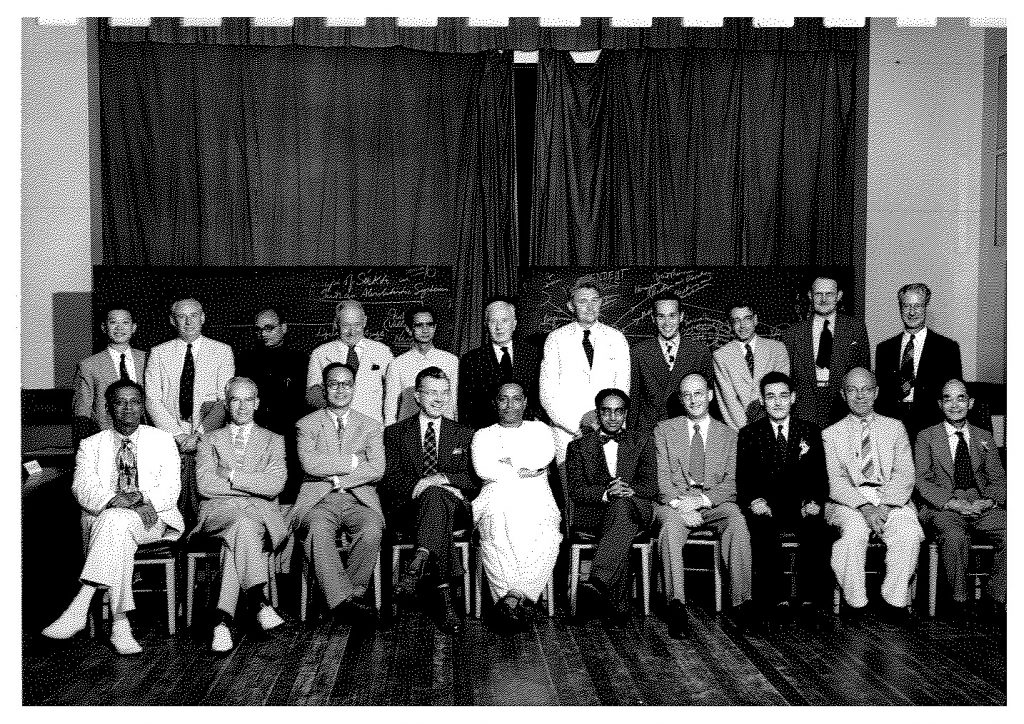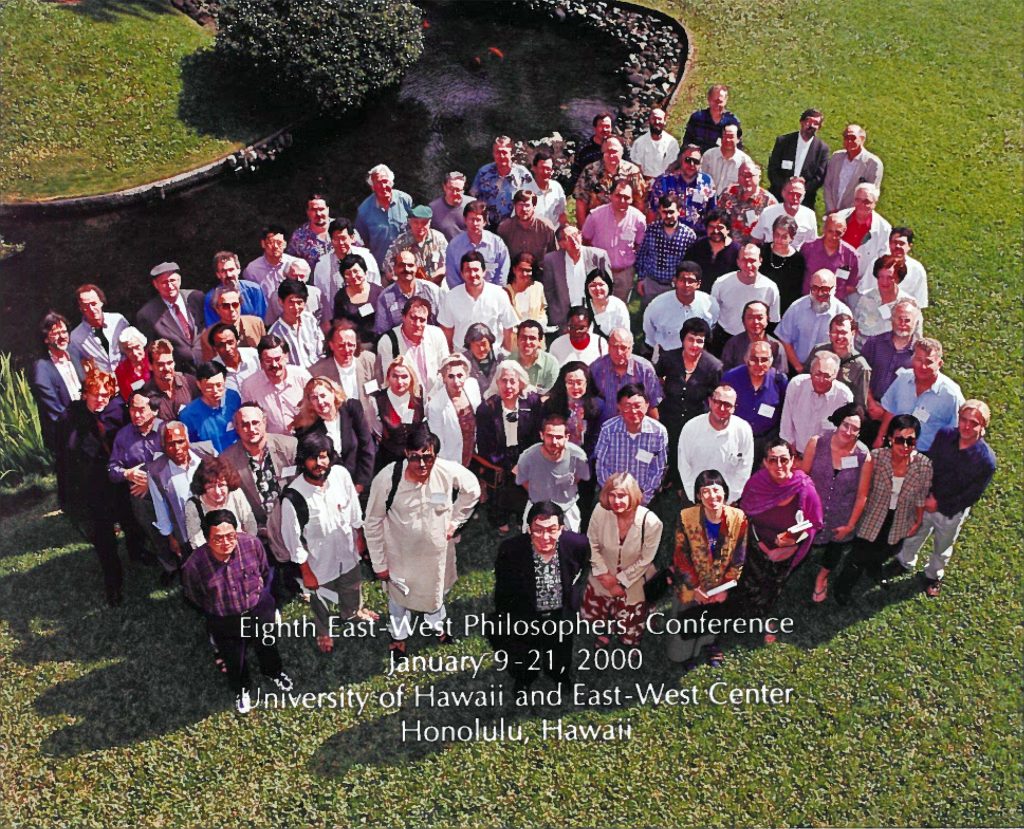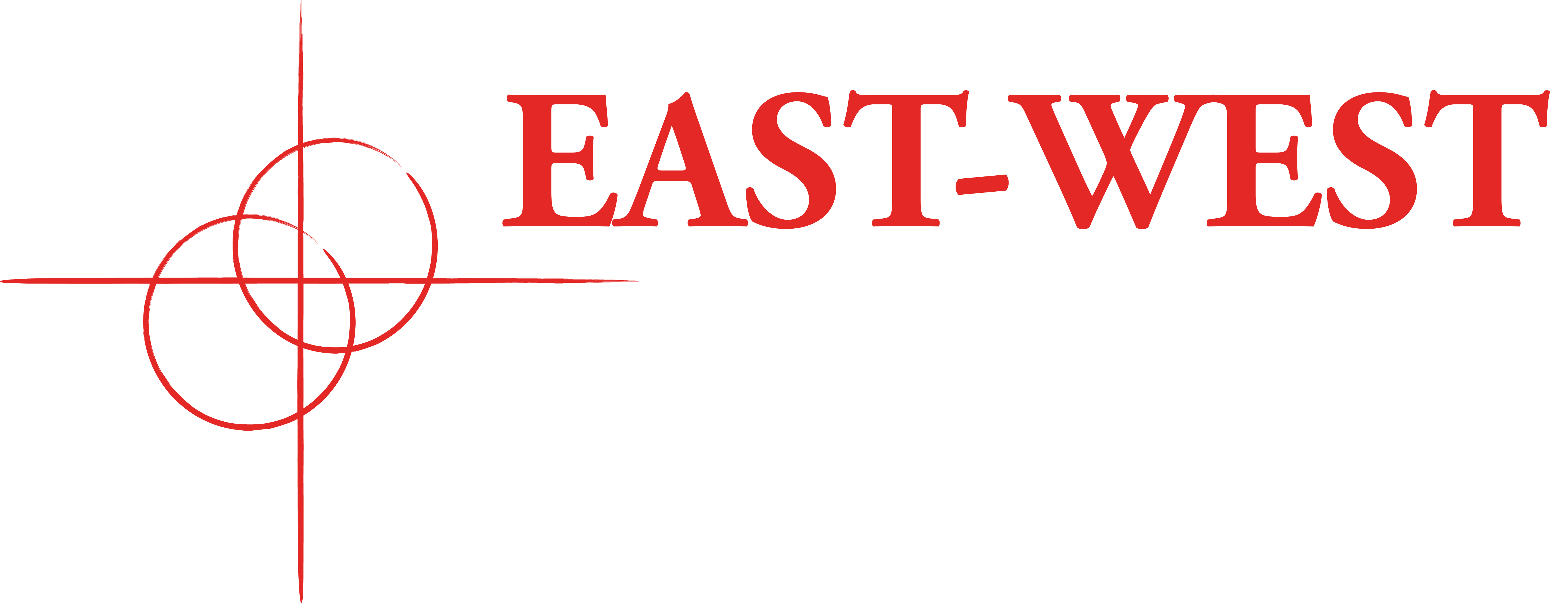The East-West Philosophers’ Conference series is the premier forum for convening philosophers from across the academy who are committed to cross-cultural inquiry. The Conference is the oldest continuous international gathering in Hawai‘i and has been a model of productive collaboration between the University of Hawai‘i at Mānoa and the East-West Center for decades. It typically attracts 300-325 participants from 30-40 countries in Asia, Europe, Africa, the Middle East, and the Americas.
For nearly eighty-five years, the East-West Philosophers’ Conference series has convened some of the world’s most prominent philosophers to engage in impactful dialogues on themes of global significance. The dialogue began in 1939 when three University of Hawai‘i visionaries—Professors Charles A. Moore, Wing-tsit Chan, and Gregg Sinclair—initiated the first East-West Philosophers’ Conference in Honolulu. Its aim was to explore the significance of Eastern ways of thinking as a complement to Western thought, and to distill a possible synthesis of the ideas and ideals that are aspired to in these unique traditions. Cross-cultural philosophy has evolved from this earliest idea to pursue mutual respect and accommodation among the world’s cultures, with conferences continuing to be held in 1949, 1959, 1964, 1969, 1989, 1995, 2000, 2005, 2011, and 2016.


This conference series has been successful in fostering dialogue among philosophical traditions and was instrumental in the establishment of the East-West Center on the campus of the University of Hawai‘i in 1960. Philosophy East & West, now one of the leading journals in cross-cultural philosophy, was founded in 1951 as a forum that continues this same dialogue. Conference volumes from papers presented at these conferences have been published by the University of Hawai‘i Press to share with and promote further discussion on its theme within the world academic community.

